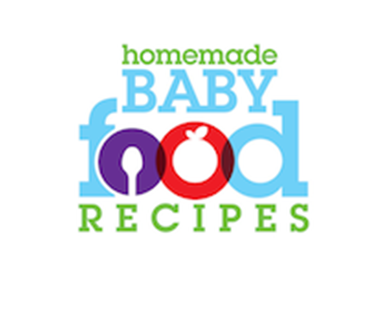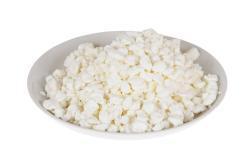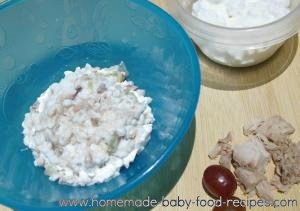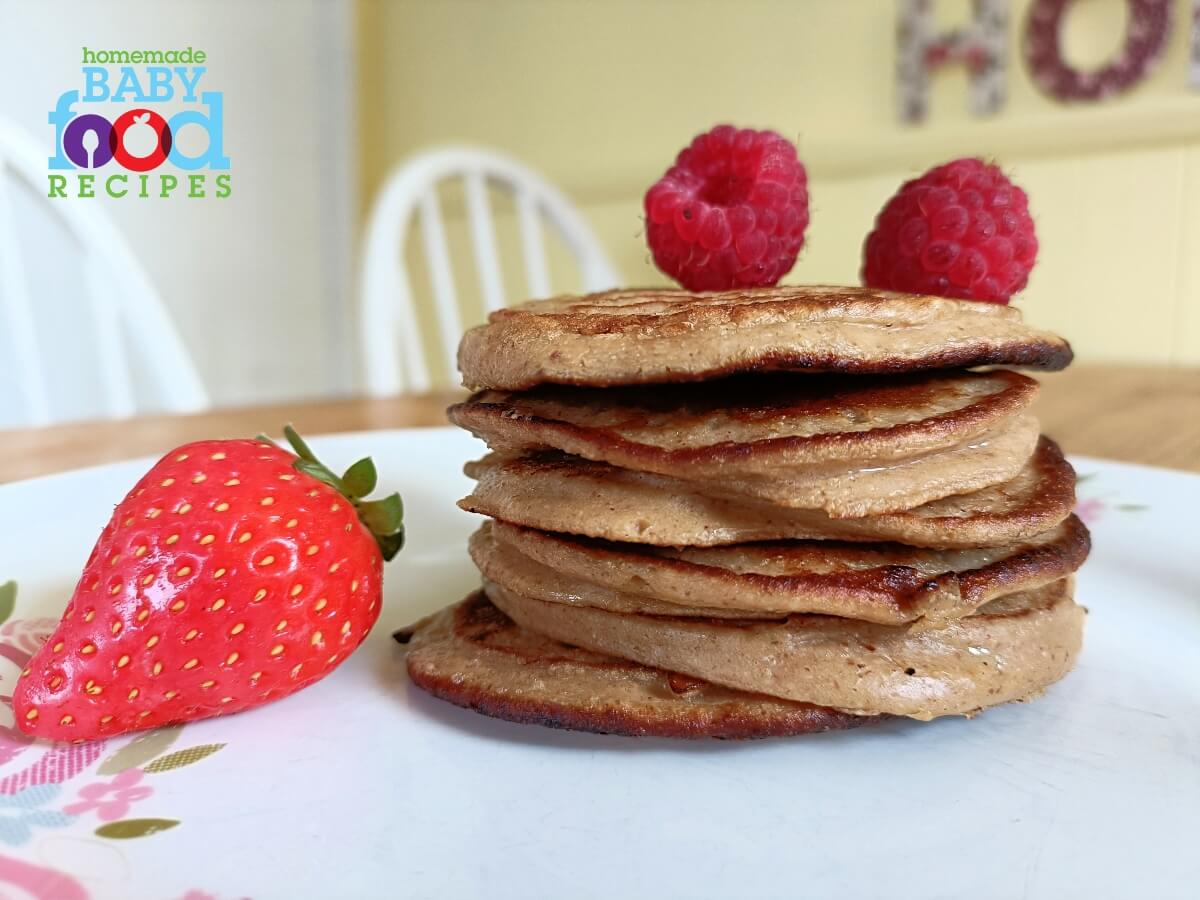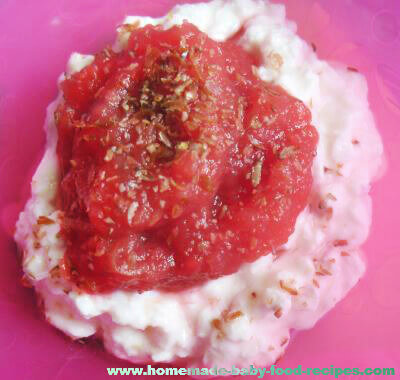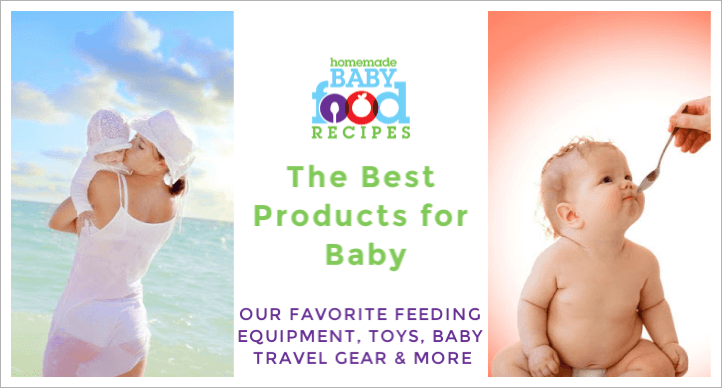Cottage Cheese for Babies Tips, Ideas and Easy Recipes
Updated: Nov 8th, 2023
If there’s one thing we love about cottage cheese for babies, it’s the texture!
Cottage cheese is typically creamy with lots of soft little lumps – just perfect for babies to mash with their gums and giving them the sensation of texture, but in an easy-to-manage form.
What exactly IS cottage cheese?
Cottage cheese is a mixture of cheese curds (these are the little ‘lumps’) and whey, formed by curdling cow’s milk, then draining it rather than pressing it.
There are different styles of cottage cheese available.
Some have large curds (often called ‘chunk style’ and great as a finger food), some small, some with the curds washed to make them taste sweeter and less acidic, and some with unwashed curds and a more ‘tangy’ flavour.
You can also buy cottage cheese with varying levels of fat, depending on the fat quantity of the milk used to prepare it.
Whilst full fat/ whole milk cottage cheese is perfectly fine – even desirable – for babies (here’s why) – it’s a good idea to switch to a reduced fat variety when baby reaches 2 years of age.
The nutritional value of cottage cheese
Cottage cheese is a source of calcium.
However, it’s not one of the best sources of calcium for babies – a cup of yogurt, for example, contains over twice as much calcium as a cup of cottage cheese.
So whilst cottage cheese is a useful addition to baby’s diet in terms of calcium intake, it’s important to include other calcium sources too.
Did you know…?
…That paneer (also known as farmer cheese or queso blanco) is simply cottage cheese that has been pressed?
Cottage cheese also provides some fats (dependent on the fat quantity of the milk it was made with), plus vitamin D, phosphorus (good for teeth and bones!) and selenium.
Cottage cheese is an excellent source of protein – the reason it’s such a popular food with athletes!
Some varieties of cottage cheese are very high in sodium…
We recommend looking for low sodium brands when buying cottage cheese for baby (and the rest of the family, too!).
When can my baby eat cottage cheese?
Cottage cheese can generally be introduced to your baby from 6 months of age, although it’s important to check with your doctor first, particularly if there is any family history of food allergy.
I was told to avoid soft cheese when pregnant – isn’t cottage cheese a soft cheese? Doesn’t that mean it may be harmful for baby?
The advice about consuming soft cheese during pregnancy relates to unpasteurized cheeses.
Cottage cheese is usually made with pasteurized milk (check the packaging to be sure) and is safe during pregnancy and for your weaning baby unless – of course – a family history of food allergy or intolerance makes it unsuitable.
Cottage cheese for babies – recipes and ideas
DON’T MISS: Easy Cottage Cheese Pancakes
In many ways, cottage cheese can be considered a ‘fast food’ for babies – after all, it’s ready to serve straight from the container!
For some babies, the relatively bland flavour is what makes it appealing – but other tiny diners (ours included) might like a bit more pizzazz!
So here are a range of ways to incorporate yummy cottage cheese into baby’s menu…
- Combine cottage cheese with baby’s favourite fruit puree – our babies’ favourites were peach, all kinds of melon/cantaloupes and pureed raisins (soak them in water first to soften them).
- Mix cottage cheese with grated apple.
- Mash avocado and banana together, then stir into cottage cheese. Serve just as it is, use as a toast topper or serve as a sandwich filling.
- Serve with chopped/mashed berries, topped with ground flax or wheat germ.
- Puree cottage cheese and use in recipes in place of mascarpone, cream cheese or sour cream.
- Add cottage cheese to mashed potato for creaminess and extra nutrition.
- Mix with chopped, canned mandarins (those packed in juice, not syrup). Delicious and refreshing!
- Using a juicer, juice a mature carrot. Blend the juice with cottage cheese until smooth, then warm through for a uniquely interesting soup!
- Add a tablespoon of cottage cheese to the pan as you make scrambled eggs.
- Puree cottage cheese with roasted red pepper for a nutritious, colourful and tasty dip.
- Mash with cooked sweet potato and a dash of cinnamon.
Freezing Cottage Cheese
We DON’T recommend freezing cottage cheese, because it changes the texture… and not in a good way!
But, of course, feel free to give it a try if you wish – the texture may be suitable to YOUR baby’s liking, even if it wasn’t to ours!
Tropical Fruit Salad
2 tbsp cottage cheese
1 tbsp chopped, ripe banana
1 tbsp chopped ripe papaya
- Stir all ingredients together and serve immediately.
Cottage Cheese and Apple Treat
1 dessert apple, cored and diced*
1 tbsp cottage cheese
pinch cinnamon
1/2 tsp ground flax
*Not sure whether to peel the apple or leave the skin on? Here are some tips to help you decide!
- Place the apple dice into a small saucepan and add a very little water.
- Cook for a few minutes until the apple dice are tender, but NOT completely broken down.
- Remove from the heat and add the cinnamon.
- Top the cottage cheese with the warm apple and cinnamon, then sprinkle with the ground flax and serve.
Blueberry Delight
1 tbsp chopped blueberries (use fresh berries, or frozen berries – thawed)
1 tbsp well cooked brown rice
1 tbsp mashed banana
1 tbsp cottage cheese
pinch cinnamon
drop of vanilla
- Simply stir everything together and serve. If this combination is a little too ‘lumpy’ for your baby, puree briefly in a food processor.
Summer egg Salad
1 hard boiled egg, chopped
1 tbsp cottage cheese
pinch curry powder
- Stir together for a simple and nutritious salad.
Easy Tuna Salad
Creamy Cottage Cheese Dip
2 tbsp of any cooked white bean
1 tbsp cottage cheese
1 small garlic clove, fresh or roasted
- Blend in a food processor for a creamy dip to serve with cooked veggies, toasted bagels or melba toast.
Cottage Cheese and Blackberry Muffins (Egg Free)
For older babies enjoying texture, these egg free muffins do contain a little sugar, but plenty of good stuff too!
You can substitute blackberries for any berry your baby enjoys, or you could try raisins/dried cranberries which would add a little extra sweetness.
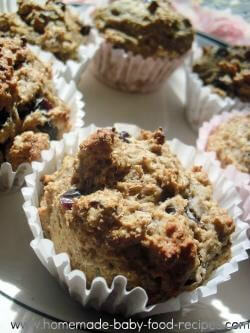
The texture is firm on the outside and ‘squidgy’ in the middle (similar to banana bread).
This recipe yields around 18 muffins, so reduce the quantities accordingly for a smaller batch.
8 oz (2 cups) whole wheat flour
2 oz (1/2 cup) all purpose flour
1 tsp baking powder
1/2 tsp baking soda
1/2 tsp nutmeg
1/2 tsp cinnamon
2 oz (1/4 cup) brown sugar
8 oz (1 cup) blackberries
1 large, ripe banana
8 fl oz (1 cup) milk
8 oz (1 cup) cottage cheese
1 tsp vanilla extract
- Preheat the oven to 350 deg F.
- Mix all the wet ingredients (except the berries) in one bowl and all the dry ingredients in another.
- Combine the wet and dry ingredients, mixing well, then stir in the berries.
- Spoon into greased muffin tins or paper cases and bake for 15 to 20 mins, until done.
from our blog…
Fabulous Fishy ‘Pizza’
1 whole wheat English muffin (here’s how to make your own)
2 to 3 tbsp cottage cheese
2 tsp canned salmon
2 tbsp grated Cheddar cheese
- Mix the salmon into the cottage cheese.
- Split the muffin and toast each half on one side.
- Turn over and divide the salmon/cottage cheese mixture between the two halves.
- Top each half with grated cheese.
- Place back under the grill/broiler until cheese has melted.
- Cool, cut up and serve.
Another yummy recipe with cottage cheese…
We hope your baby enjoys these recipes – if YOU have any baby food recipes you’d like to share containing cottage cheese, then please send them in
Homemade baby food equipment…
Homemade baby food accessories
